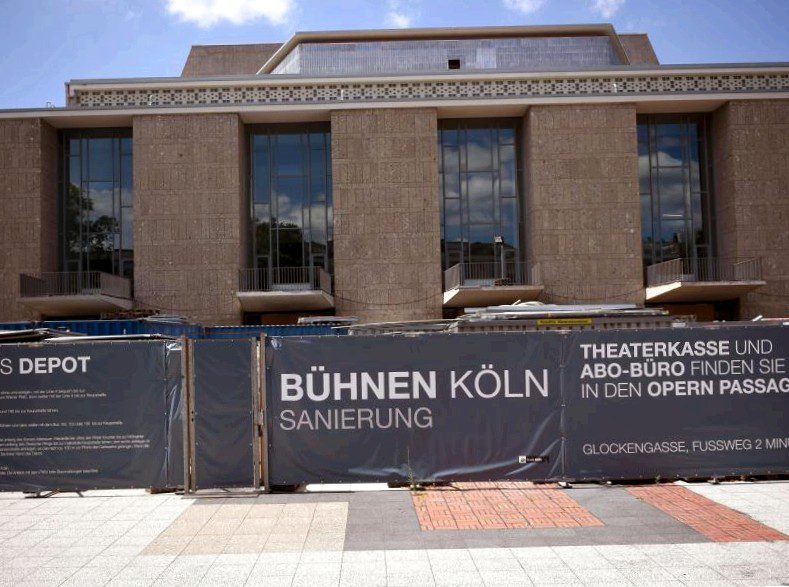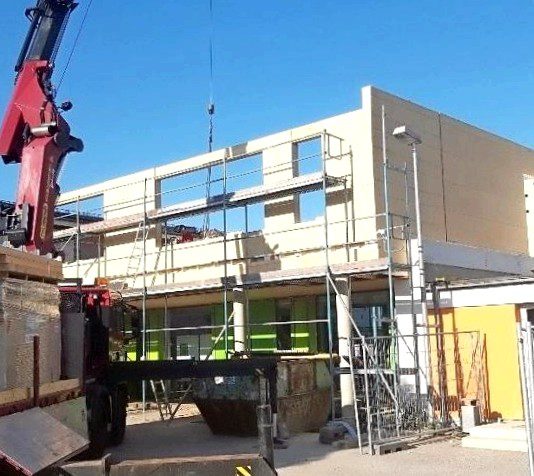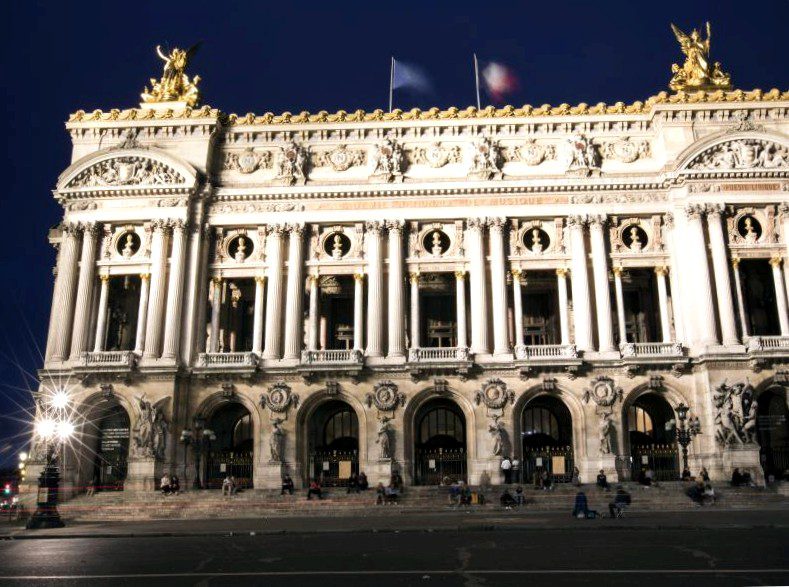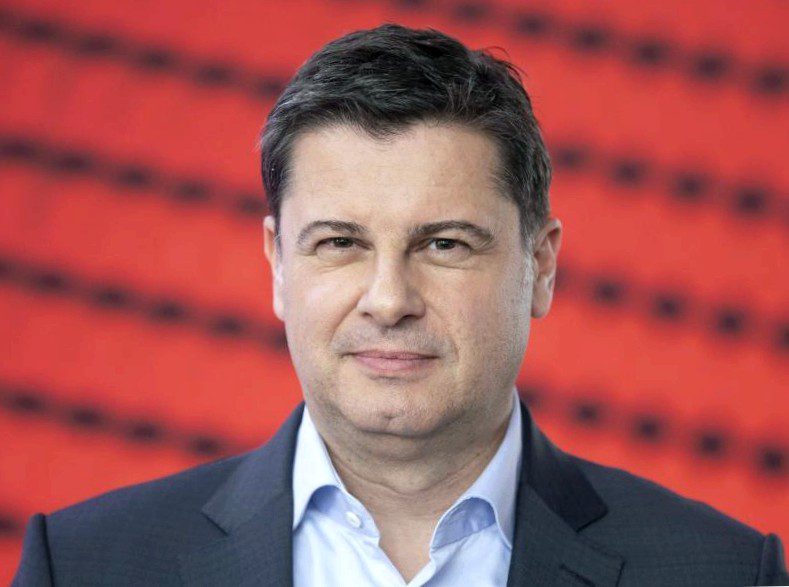
The project went over richard wagner’s head. Between the laying of the foundation stone and the opening of his festival theater in bayreuth, the composer suffered through four agonizing years. Money ran out, gonners jumped ship. In 1878 he was finally able to inaugurate it. "I did not believe that they would succeed – the emperor told me."Wagner (1813-1883) later recalled.
Cost explosions, misplanning, missed deadlines – cultural buildings in germany, as the wagner case shows, have rarely had it easy. There is also no shortage of younger examples. From the elbphilharmonie to the berlin city palace, projects financed with taxpayers’ money need to be readjusted at best; at worst, years of delays and scandals are involved.
The now postponed opening of the humboldt forum in berlin is comparatively mild in this respect. The 600-million-euro palace copy is on budget, and if all goes well, the air-conditioning and fire-protection problems can be resolved relatively quickly. Officials in the interior and construction ministries expect it to open next year.
The architect stephan braunfels therefore sees parallels to the construction of the capital city airport BER, which has been dragging on for seven years, as exaggerated. "Compared to other public buildings, the humboldt forum is doing surprisingly well," says braunfels, who designed two federal parliament buildings in berlin and the pinakothek der moderne in munich.
It is no coincidence for the architect that there are often problems with the building technology. Individual trades such as ventilation, heating, sanitation and fire protection were often contracted out without completed overall planning. But because the public sector has to award its contracts to the cheapest bidder, the quality of the planning is suffering. "The best planning office is often not the cheapest one."The interaction of the technical systems would then have a "huge gap", and "catastrophes" like those at the colonn opera would be the result.
The opera house and theater in the cathedral metropolis have been undergoing renovation since 2012. The reopening was scheduled for november 2015. Less than four months before it was canceled. Total costs of 250 million euros have so far turned into 460 million euros. The reason was glaring mistakes in the planning and construction management of the technical equipment, said an operations manager. The people of coln are still waiting, the art business continues in alternative quarters.
The construction of the elbphilharmonie concert hall was a prime example of costs getting out of hand. The initial estimate of 77 million euros for the "elphi" building on quay A in the port of hamburg has risen more than elevenfold to almost 900 million euros. The project should not have been started with a budget of less than 500 million euros, says architect braunfels.
The underestimations also have a lot to do with politics, as became clear with the berlin state opera, for example. Instead of 239 million euros, the renovation cost more than 400 million, and took seven years to complete. A committee of inquiry tried to shed light on the matter.
The result: bankruptcies, misfortunes and mishaps were mixed with the critics’ exaggerated wishes of the house owners. An underground connection between the opera house and the administration and rehearsal rooms had to be dug into the muddy ground of berlin at great expense. The ceiling of the hall was raised five meters to allow the music to reverberate for half a second longer.
The costs, as became clear in the committee of inquiry, were initially minimized in order to get the project through the political process. According to the salami tactic they were then gradually increased. The federal government had capped its financial contribution, and berlin was left with the extra costs.
The state opera under the linden trees has been gleaming in its new splendor for almost two years now, and the stage technology is of the finest quality. Daniel barenboim’s house has been spared the fate of richard wagner’s festival arena.
Wagner had to leave king ludwig II’s side. Begging for a loan from bavaria to complete the theater on the green hill. The family paid back the money until 1906. However, the first festival with the "ring of the nibelungs" was a financial disaster. After that, the festspielhaus stood empty for six years.
RELATED POSTS

Lona rietschel: mother of the abrafaxes dies Berlin (dpa) – the berlin comic artist lona rietschel, creator of the popular characters abrafaxe, is dead. She died on tuesday at the age of 84 years,… |

“Very pleasing for us” The recommendation of the vacation committee of 20. Following april, the weitramsdorf community council unanimously approved the budget statute and plan…. |

350 Years of the paris opera: scandals, records, worries Verdi’s simon boccanegra directed by catalan scandal director calixto bieito, mozart’s don giovanni in a new production by belgian ivo van hove, a ballet… |

Corona unity over:bundesliga fight for billions In the joint corona struggle for existence, german pro soccer jerked together by a huge amount, but the solidarity cuddling course is already over again… |